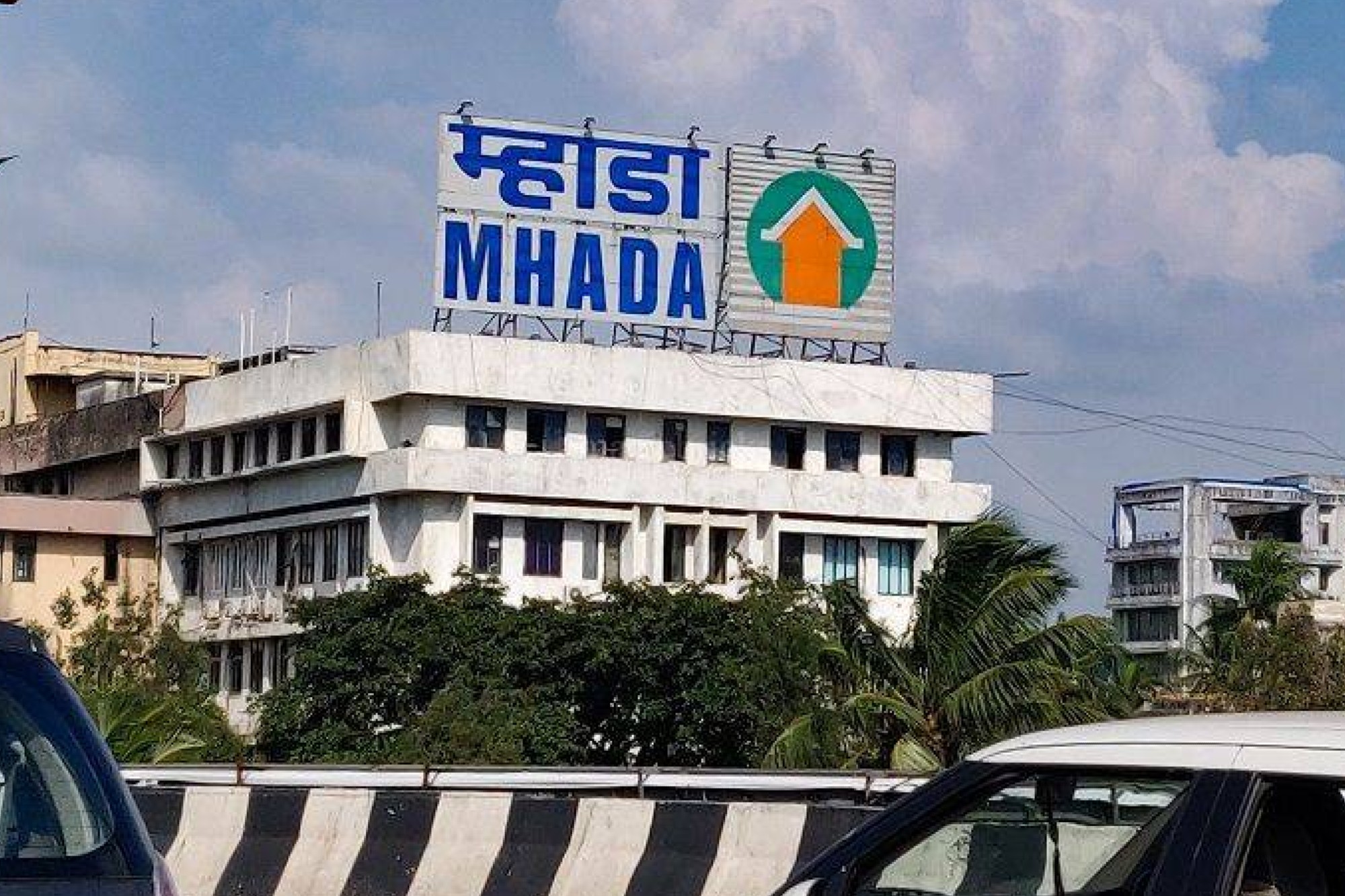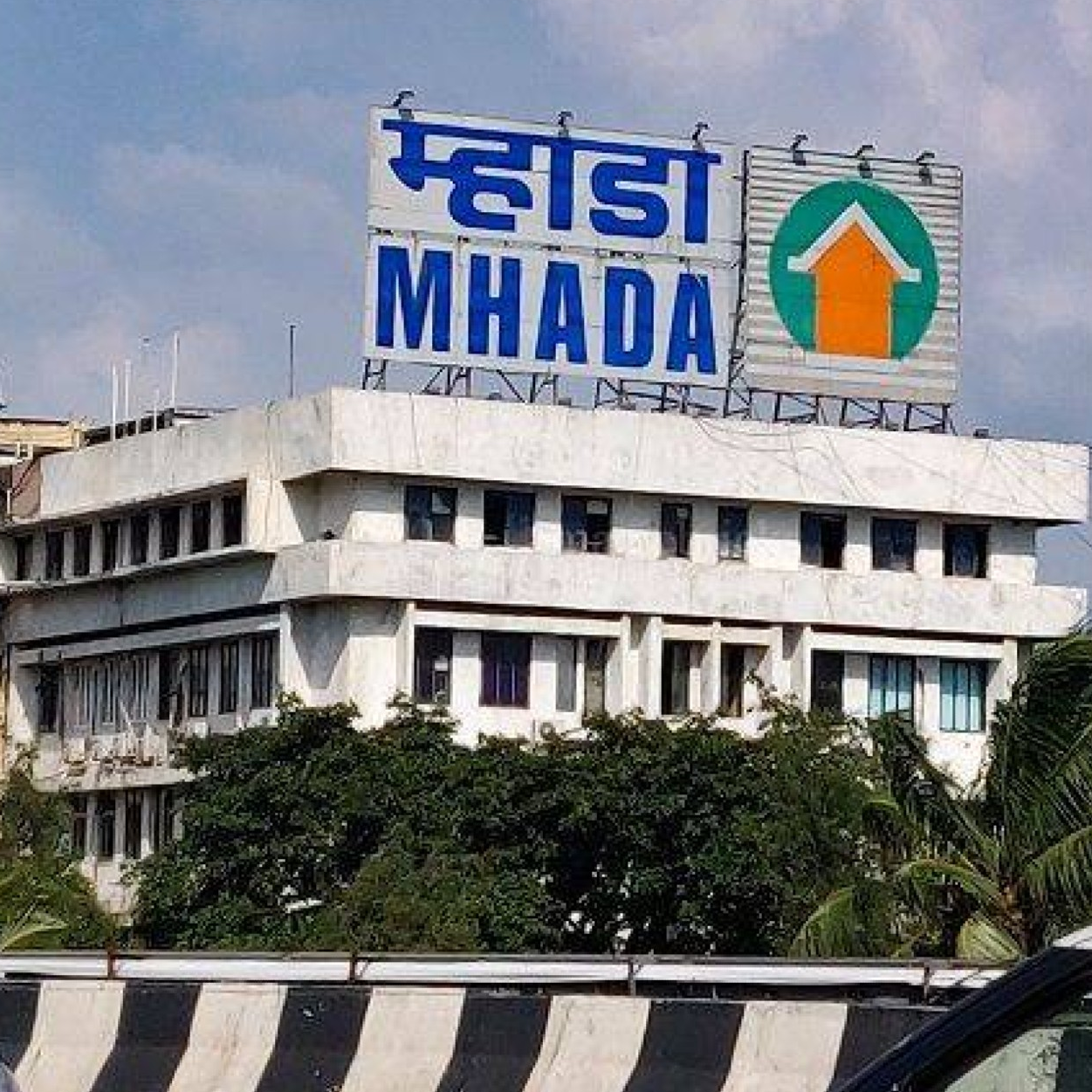
MHADA Lottery 2025: Mumbai Homes Now on ‘First Come, First Served’ Basis, No Lottery, No Income Limit, A Game-Changer for Homebuyers
In a decisive step toward transforming Mumbai’s housing landscape, the Maharashtra Housing and Area Development Authority (MHADA) has announced a major reform that will allow citizens to buy unsold flats on a first come, first served basis, eliminating the traditional lottery system that has long defined MHADA’s housing schemes. IAS Sanjeev Jaiswal, the driving force behind MHADA’s ongoing transformation, is redefining what citizen-centric governance looks like in India’s housing sector. His approach, disciplined, data-driven, and delivery-oriented, is turning policy intent into visible impact, making affordable housing both transparent and attainable for Mumbaikars.
For decades, the MHADA lottery symbolized hope for homeownership among Mumbai’s middle- and lower-income groups, but it also carried the frustration of chance-based outcomes. Many eligible citizens found themselves repeatedly unlucky despite meeting all requirements. Now, MHADA’s new system replaces uncertainty with opportunity. Around 100 houses that remained unsold after two or more draws will be sold directly, ensuring that citizens who act promptly, not those who rely on luck, are rewarded.
Housing Opportunity, Simplified
According to the Mumbai Board, around 100 unsold flats have been identified and will soon be made available for sale. These houses, located in prime areas such as Dadar, Powai, and Tardeo, will be allotted to buyers who apply first and make the required deposit payment. No draw, no delay, and no uncertainty, the first qualified applicant gets the house. An official advertisement for this scheme will be released within the next 10 days, followed by the start of the direct sale process.
This reform comes after repeated attempts to sell premium MHADA flats through the conventional lottery received poor responses. The decision to shift to the first come, first served model not only helps MHADA recover blocked funds but also provides an efficient solution for citizens eager to buy homes in desirable Mumbai neighborhoods.
Relaxed Rules and Broader Eligibility
One of the most significant features of the new MHADA housing scheme is the relaxation of eligibility conditions. For the first time, there is no income group limit, meaning that citizens from any income category, low, middle, or high, can apply. Applicants will not need to submit income tax returns or income certificates. The documentation process has also been simplified, only an Aadhaar card, PAN card, and proof of residence are required.
This inclusivity marks a major shift from the earlier model, which categorized buyers based on income brackets and limited opportunities to specific groups. Now, the process aims to prioritize speed, accessibility, and fairness, ensuring that unsold houses do not remain idle due to administrative rigidity.
Responding to Market Realities
In recent years, MHADA has struggled to attract buyers for certain high-value projects, especially those in Tardeo’s Crescent Tower and Powai’s Tunga area. Seven premium flats in Crescent Tower, priced between Rs 7 crore and Rs 7.5 crore, have remained unsold despite multiple lotteries. Even after a price reduction of nearly Rs 1.5 crore in 2024, the demand remained weak. Similarly, homes priced between Rs 1 crore and Rs 1.5 crore in Powai and mid-income flats in Antop Hill have also failed to find buyers.
With maintenance and security costs exceeding Rs 1 lakh per month for unsold properties, MHADA’s financial burden was growing. The new policy therefore offers a pragmatic way to liquidate these assets while serving genuine home seekers.
Why This Reform Matters
The first come, first served model is not just a sales strategy, it’s a statement of intent. It acknowledges the changing realities of Mumbai’s real estate market, where even affordable housing schemes must adapt to shifting demand patterns. By doing away with the lottery, MHADA is addressing two critical issues simultaneously, unsold housing stock and public frustration over the luck-based allotment system.
The policy also enhances transparency, since every application and deposit is timestamped digitally, ensuring fairness in the allotment process. This aligns with the broader governance principles of efficiency and accountability that have recently characterized MHADA’s reforms.
Locations and Housing Types
The houses under this scheme are located in some of Mumbai’s most sought-after areas, Dadar, Tardeo, Powai, and Antop Hill. These include a mix of premium, middle-income, and low-income group flats. While the Crescent Tower apartments in Tardeo cater to the upper segment, mid-range and affordable options in Powai and Antop Hill offer opportunities for middle-class families to own homes in prime neighborhoods without the unpredictability of a draw.
For many Mumbaikars, this development offers an unprecedented chance to purchase a home in locations that were once considered beyond reach.
Balancing Economics with Equity
The financial logic behind this move is clear. Unsold homes tie up MHADA’s capital and drain resources on maintenance and security. By converting idle assets into revenue-generating properties, MHADA not only strengthens its financial position but also contributes to market liquidity.
The broader social benefit lies in restoring faith in public housing systems. When citizens see transparency and fairness embedded in state processes, it strengthens public trust and participation. This initiative represents a model of how government agencies can merge economic rationality with social responsibility.
A Pragmatic Step Toward Affordable Urban Housing
While private real estate prices in Mumbai continue to surge, MHADA’s restructured housing sale mechanism provides a credible alternative for citizens seeking value-driven ownership. The simplicity of the process, minimal paperwork, no income segregation, and no lottery, aligns with the modern buyer’s expectation of clarity and convenience.
Moreover, by opening access across income groups, MHADA has created a diverse buyer base, ensuring that its projects reflect Mumbai’s social and economic inclusivity. This is not just housing reform, it’s a recalibration of public housing philosophy for an evolving metropolis.
A Constructive Way Forward
MHADA’s first come, first served housing initiative demonstrates a rare blend of responsiveness and reform. It addresses market inefficiencies, eases public frustration, and reinforces the principle that governance must evolve with time.
Citizens interested in applying are encouraged to verify details through MHADA’s official channels and follow official announcements for the release of the upcoming advertisement. Transparency and verified information remain key to ensuring a fair process.
As Mumbai continues to expand vertically and economically, initiatives like these remind us that public institutions can adapt to changing times while keeping their mission intact, to make housing accessible, fair, and attainable for all.


